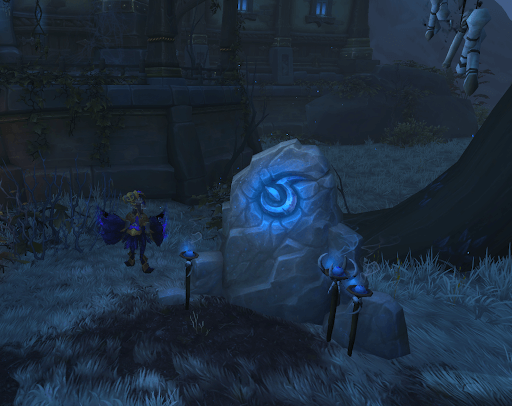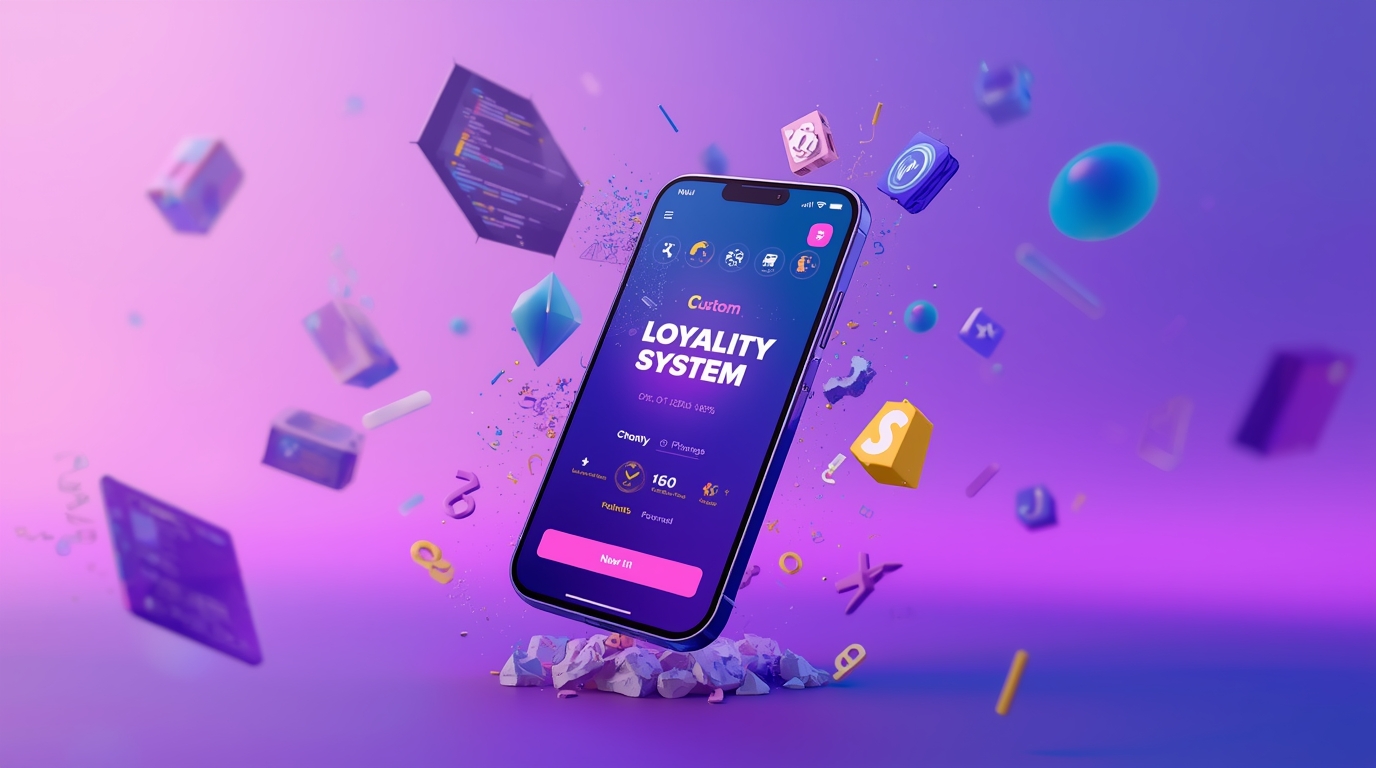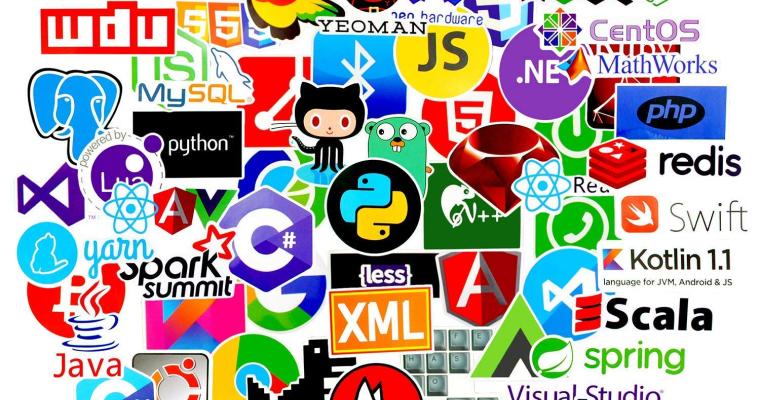Game porting has become one of the smartest moves in modern game development. With game porting services market revenue estimated to reach $3.5 billion by 2033, growing at a CAGR of 12.5%, it’s clear that developers see huge value in bringing their games to multiple platforms.
Today’s gaming world is changing fast. “The trends in gaming industry are more than numbers, they’re the pulse of a global cultural shift. In 2025, gaming is not just entertainment. It’s education, socialization, commerce, and art – all in one evolving medium.” This shift means that smart developers need to think beyond single platforms.
The numbers tell a compelling story. Mobile gaming continues to lead growth, while console and PC markets remain strong. Understanding game porting benefits isn’t just smart business—it’s necessary for staying competitive and growing your player base.
What Is Game Porting?

Game porting is the process of taking a video game that was made for one platform and making it work on another platform. Think of it like translating a book into a different language—the story stays the same, but you need to adapt it so people who speak that language can understand and enjoy it.
This technical process means changing the game’s code, graphics, and user interface so it runs well on different types of hardware and operating systems. A game that works perfectly on a PlayStation might need significant changes to work well on a mobile phone or Nintendo Switch.
The difficulty of porting changes a lot depending on where you’re moving the game. Moving a game from PC to Xbox might be easier than moving it from console to mobile phone. That’s why many developers now use cross-platform game development approaches from the start—it makes porting much simpler later on.
Modern game engines have made this process easier, but it still requires skill, time, and planning to do well. The good news is that the investment often pays off in big ways.
The Current State of Game Porting in 2025
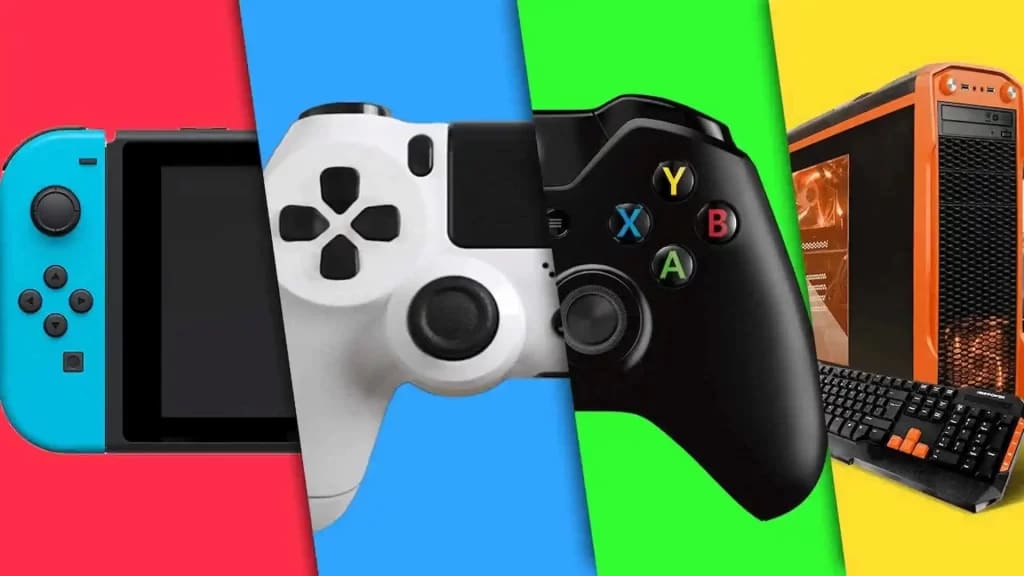
The gaming world has changed dramatically in the past few years. Game porting services market revenue is estimated to reach $3.5 billion by 2033, growing at a CAGR of 12.5% from 2026 to 2033, showing just how important this market has become.
Players today don’t stick to just one gaming device. They might play on their phone during lunch, switch to their console at home, and then play on their laptop before bed. This behavior has created huge opportunities for developers who understand how to make their games work everywhere.
The market data backs this up. Console gaming continues to grow steadily, PC gaming maintains its strong position, and mobile gaming leads the charge in terms of growth rate and accessibility. What’s really interesting is how these platforms now work together instead of competing against each other.
As one recent industry report noted, “in 2025, even many indie games use engines that allow deployment to multiple platforms with minimal changes”. This shows how the tools and processes have improved to make porting more accessible to developers of all sizes.
Cross-platform play has become expected, not optional. Games that don’t offer it often struggle to build large, engaged communities. Smart developers now plan for multiple platforms from day one, making the porting process smoother and more cost-effective.
Top 5 Reasons to Choose Game Porting
Successful game porting isn’t just about making more money—though that’s certainly a big part of it. It’s about building sustainable, long-term gaming businesses that can adapt and grow with the changing market.
Let’s look at the five most important reasons why game porting has become essential for modern game developers.
1. Exponential Revenue Growth and Market Expansion
The biggest reason to invest in game porting is simple: you can make a lot more money. When you keep your game on just one platform, you’re missing out on huge opportunities to grow your revenue.
Think about it this way—if your game is only on PC, you’re ignoring everyone who prefers to game on their phone, console, or tablet. That’s potentially millions of players who might love your game but can’t access it.
Market Size Opportunities:
- PC Gaming: Expected to reach $45.18 billion by 2030, growing at 6.18% CAGR
- Mobile Gaming: The fastest-growing segment with the best accessibility for new players
- Console Gaming: Stable growth in traditional gaming markets with high spending per user
Real examples show how powerful this can be. Games like “Among Us” started small but exploded when they became available across multiple platforms. “Fall Guys” saw similar success after strategic porting brought it to new audiences.
The key insight is that different platforms attract different types of players with different spending habits. Mobile players might make lots of small purchases, while PC players might prefer to buy expansion packs. Console players often spend more upfront but less on ongoing content.
Pro Tip: When planning your porting strategy, think about implementing crossplay support in game development early. This lets all your players compete and cooperate together, which keeps them more engaged and increases the lifetime value of each player.
2. Enhanced Player Accessibility and Inclusion
Game porting isn’t just about reaching more players—it’s about creating gaming experiences that work for everyone. Different players have different needs, budgets, and preferences, and porting helps you serve all of them.
Accessibility Benefits Include:
- Device Flexibility: Players can enjoy games on the devices they already own
- Economic Accessibility: Different platforms have different price points and payment options
- Geographic Reach: Some platforms are more popular in certain countries or regions
- Physical Accessibility: Different input methods help players with various physical needs
Consider this: a player might not be able to afford a high-end gaming PC, but they might have a smartphone or tablet. By porting your game to mobile, you’re opening your game to players who otherwise couldn’t experience it.
The same thinking applies to different input methods. Some players prefer touchscreens, others need keyboard and mouse, and many love controller input. When you port thoughtfully, you’re making your game work for all these different preferences.
Games that focus on accessibility through porting often see better player retention and more positive community feedback. Players appreciate when developers think about their needs and constraints.
3. Risk Mitigation and Business Sustainability
Putting all your eggs in one basket is risky in any business, and game development is no different. When you depend on just one platform, you’re vulnerable to changes that are completely outside your control.
Platform policies can change overnight. Market conditions can shift. Technical problems can happen. App stores can change their algorithms. When you have your game on multiple platforms, these risks become much smaller.
Risk Mitigation Strategies:
- Platform Policy Changes: Less dependence on any single platform’s rules or decisions
- Market Volatility: Multiple income streams protect against downturns in one market
- Technical Failures: Backup revenue sources if one platform has problems
- Competitive Pressure: Stay competitive across multiple fronts instead of just one
Smart developers understand that spreading risk is just as important in gaming as it is in investing. Recent industry layoffs and studio closures have shown how quickly things can change in gaming. Companies that had diversified their platform presence were often better able to weather these challenges.
Think of each platform as a different pillar supporting your business. The more pillars you have, the more stable your business becomes. If one pillar weakens or falls, you still have others to keep you standing.
4. Extended Game Lifecycle and Long-term Value
One of the most underrated benefits of porting is how it can extend your game’s profitable lifespan. Different platforms have different peak times, and player behavior varies significantly across devices.
Lifecycle Extension Benefits:
- Platform-Specific Peaks: Mobile games get heavy play during commutes, while console games peak in evenings and weekends
- Seasonal Variations: Different platforms show varying patterns throughout the year
- Discovery Opportunities: Each new platform gives you fresh marketing and discovery chances
- Community Growth: Cross-platform communities tend to be larger and more active
Here’s something interesting: your game might be losing popularity on PC, but that same game could be perfect for mobile players who are just discovering it. By porting, you’re essentially giving your game multiple chances to succeed.
Different platforms also have different content lifecycles. A game that’s getting buried in the PC market might stand out on a newer platform or a platform with less competition in your genre.
This approach is especially valuable for indie developers who need to get the most return possible from their development investment. Instead of moving on to the next project immediately, porting can squeeze more value from your existing work while you develop something new.
5. Competitive Advantage and Market Positioning
In today’s crowded gaming market, being available on multiple platforms gives you a real competitive edge. Games that work across platforms often dominate search results, app store rankings, and player conversations.
Competitive Advantages Include:
- Improved SEO: Multiple platform listings improve your overall discoverability online
- Cross-Platform Marketing: Each platform helps promote your presence on others
- Industry Credibility: Multi-platform games are seen as more professional and established
- Partnership Opportunities: Platform holders often feature and promote successful cross-platform titles
Think about it from a player’s perspective. When they’re deciding between two similar games, they’ll often choose the one that’s available on more platforms. It shows commitment and professionalism from the developer.
There’s also a network effect at play. When your game is available everywhere, players can recommend it to friends regardless of what devices those friends have. This word-of-mouth marketing becomes much more powerful when platform limitations don’t get in the way.
Platform holders also pay attention to successful multi-platform developers. If your game does well across multiple platforms, you’re more likely to get featured placement, marketing support, and early access to new platform features.
Technical Considerations for Successful Game Porting
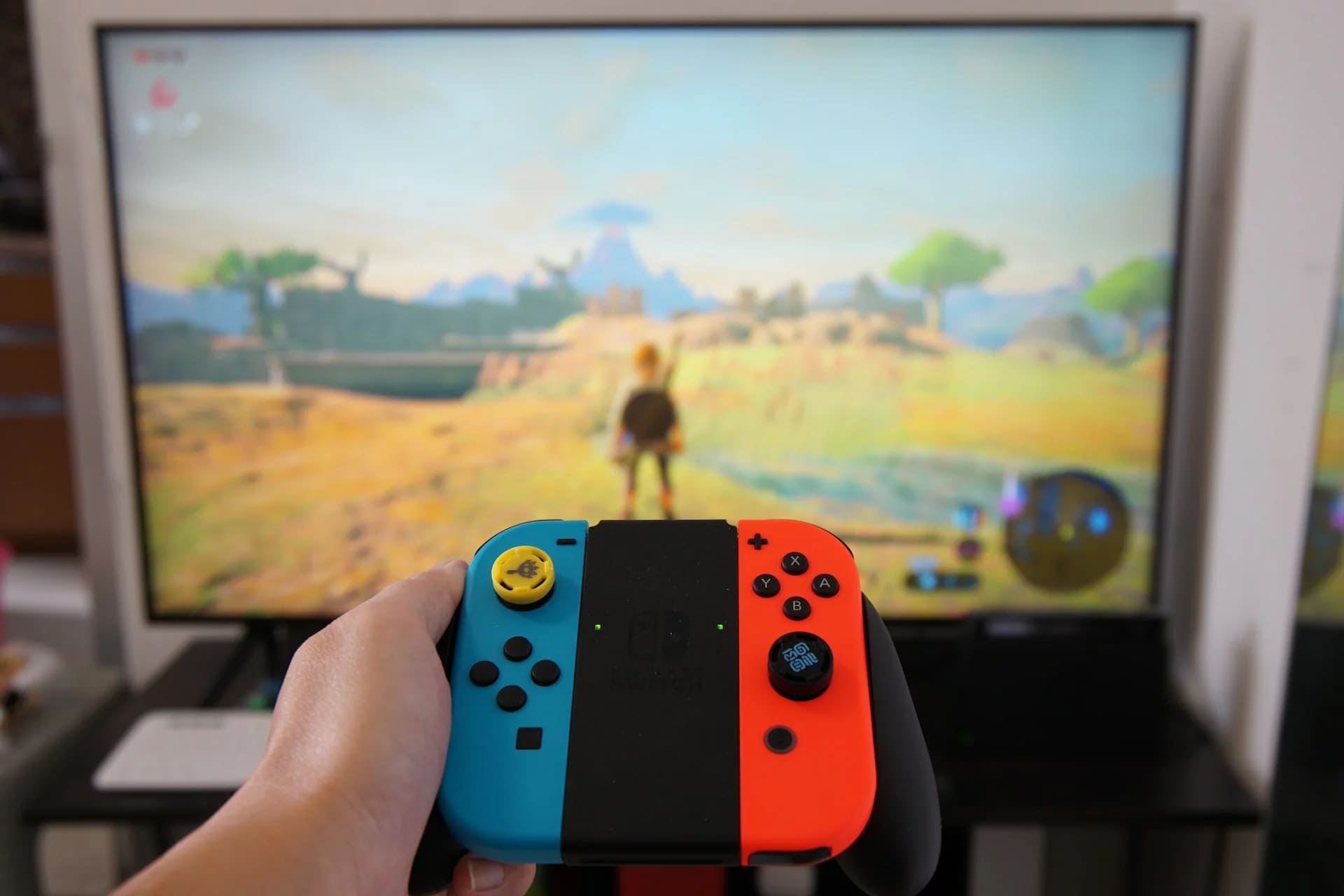
Getting the technical side of porting right makes the difference between a successful port and a disaster. Each platform has its own quirks, limitations, and strengths that you need to understand and work with.
The good news is that modern tools and game engines have made this process much more manageable than it used to be. But you still need to plan carefully and understand what you’re getting into.
Performance Optimization Across Platforms
Different platforms have very different capabilities and limitations. What works perfectly on a high-end gaming PC might run terribly on a mobile phone. Understanding these differences is crucial for successful porting.
Mobile Optimization:
- Battery life is always a concern—your game can’t drain the battery too quickly
- Touch interfaces need completely different UI design than keyboard and mouse
- Screen sizes vary wildly from small phones to large tablets
- Processing power is limited compared to PCs and consoles
Console Optimization:
- Each console has specific technical requirements and development tools
- Controller input needs to feel natural and responsive
- Platform certification processes have strict requirements you must meet
- Hardware-specific features can enhance your game if used well
PC Optimization:
- Huge range of hardware configurations to support
- Multiple input methods (mouse/keyboard, controller, touchscreen)
- Various operating systems with different capabilities
- Players expect lots of customizable settings and options
The key is to design your game so it can scale up and down gracefully. Start with the most limited platform in mind, then add features and enhancements for more powerful platforms.
UI/UX Adaptations
Each platform has its own conventions and player expectations. Successful ports don’t just shrink or expand interfaces—they rethink them completely for each platform’s strengths.
Mobile users expect large, finger-friendly buttons and intuitive swipe gestures. Console players want interfaces that work well with controllers and look good on TV screens. PC players expect detailed menus and lots of customization options.
For games that need complex 2D interfaces, working with experienced 2D game development companies can ensure your UI works well across platforms while keeping a consistent visual style and brand identity.
Industry Expert Insights and Predictions
The game porting world continues to change rapidly, and industry experts are excited about where it’s heading. The shift toward platform-neutral gaming experiences is accelerating faster than many predicted.
“In 2025, even many indie games use engines that allow deployment to multiple platforms with minimal changes”, according to recent industry analysis. This shows how the tools have improved to make porting accessible to developers of all sizes.
The trend toward games that work everywhere is becoming the standard, not the exception. Developers increasingly see porting not as something they’ll do later, but as part of their core development strategy from day one.
What’s particularly interesting is how cross-platform play has evolved from a nice-to-have feature to an expected standard. Players now assume they’ll be able to play with friends regardless of what device everyone is using.
Monetization Strategies Across Platforms
Different platforms offer unique ways to make money from your game, and understanding these differences can significantly impact your revenue potential.
Each platform has developed its own monetization culture and player expectations. What works great on mobile might flop on PC, and console players have completely different spending patterns than mobile players.
The smart approach is to adapt your monetization strategy to fit each platform’s strengths while maintaining a fair and enjoyable experience for all players.
Platform-Specific Monetization:
- Mobile: In-app purchases, rewarded advertising, subscription models
- PC: Direct sales, DLC, early access, modding communities
- Console: Premium pricing, season passes, exclusive content
Cross-Platform Opportunities:
- Unified progression systems
- Cross-platform cosmetics and unlockables
- Platform-exclusive content that drives adoption
Casino and Gambling Game Considerations
For developers working in the casino gaming space, porting becomes even more complex due to regulatory requirements that vary by platform and region. Each platform has its own policies about gambling-related content, and different countries have different laws.
Professional casino game development services must navigate platform policies, regional regulations, and technical requirements that can be very different between platforms. What’s allowed on one platform might be completely prohibited on another.
The rise of turnkey casino platforms has made it easier for developers to create compliant, multi-platform casino gaming experiences without getting lost in regulatory complexity. These platforms handle much of the compliance work, letting developers focus on creating great games.
Marketing and User Acquisition Benefits
Game porting creates a multiplier effect for your marketing efforts that goes far beyond just having more places to sell your game. Each platform provides unique opportunities to reach players and build communities.
When done right, your presence on multiple platforms reinforces itself. Players who discover your game on one platform might recommend it to friends who use different platforms. This cross-pollination effect can significantly amplify your marketing reach.
Multi-Platform Marketing Advantages:
- Diverse Discovery Channels: Each platform has its own ways for players to find new games
- Cross-Promotion Opportunities: Players on one platform can discover and discuss your game on others
- Platform-Specific Features: Take advantage of unique marketing features each platform offers
- Community Building: Create larger, more diverse gaming communities that support each other
The Role of Playable Ads
Modern game marketing relies heavily on showing players what your game is actually like before they download it. Playable game ads have become essential for demonstrating gameplay across platforms and giving potential players a taste of what they’ll experience.
These interactive advertisements work particularly well because they let players try before they buy. Instead of just watching a video or looking at screenshots, potential players can actually interact with your game mechanics.
The future of app monetization through playable ads shows how these tools are becoming revenue streams in their own right, not just marketing tools. Some developers are finding that well-designed playable ads can generate significant income while also driving downloads and player acquisition.
Technical Tools and Resources
The good news for modern game developers is that the tools for cross-platform development and porting have improved dramatically over the past few years. What used to require specialized knowledge and huge budgets is now accessible to indie developers and small teams.
Modern game development frameworks have made cross-platform development much more approachable, but choosing the right tools for your project is still crucial for success.
Development Frameworks
Modern game development engines have made cross-platform development much more accessible than it used to be. These tools handle many of the technical complexities of porting automatically.
Popular Cross-Platform Engines:
- Unity: Comprehensive multi-platform support with excellent documentation and community
- Unreal Engine: High-end graphics capabilities that work well across platforms
- Cocos Creator: Excellent choice for building high-quality HTML5 games that work everywhere
- Godot: Open-source option that’s completely free and very capable
The key is choosing an engine that matches your team’s skills and your game’s requirements. Unity might be overkill for a simple puzzle game, while Godot might not have all the features you need for a complex 3D game.
Platform-Specific Tools
The Game Porting Toolkit 3 makes it easier than ever to bring games to the unified gaming platform across Mac, iPad, and iPhone, demonstrating how platform holders are actively supporting porting initiatives with improved tools and resources.
Audio and Video Processing
High-quality audio is crucial for maintaining game experience across platforms. Advanced tools like audio and video processing solutions ensure that your game’s audio experience remains consistent regardless of the target platform’s capabilities.
Common Porting Challenges and Solutions
Technical Challenges
Performance Variations:
- Solution: Platform-specific optimization and scalable quality settings
- Challenge: Different hardware capabilities
- Best Practice: Establish minimum performance baselines for each platform
Input Method Differences:
- Solution: Adaptive control schemes and customizable input mapping
- Challenge: Touch, keyboard, controller, and motion controls
- Best Practice: Design core gameplay to work well with the most restrictive input method
Platform Policy Compliance:
- Solution: Early research and compliance planning
- Challenge: Different content policies and technical requirements
- Best Practice: Factor compliance costs into porting budgets
Business Challenges
Resource Allocation: Many developers underestimate the resources required for quality porting. Successful ports often require 30-50% of the original development effort.
Market Timing: Platform markets have optimal launch windows that vary by genre and season. Research timing carefully for each target platform.
Quality Maintenance: Maintaining quality across multiple platforms requires ongoing commitment and resources for updates and bug fixes.
ROI Analysis and Business Case
Investment vs. Returns
While porting requires significant upfront investment, the returns can be substantial:
Typical Investment Breakdown:
- Technical adaptation: 40-60% of porting budget
- Quality assurance: 20-30% of porting budget
- Platform certification: 10-15% of porting budget
- Marketing adaptation: 10-15% of porting budget
Expected Returns:
- Successful ports often generate 150-300% of original platform revenue
- Mobile ports of successful PC/console games frequently exceed original platform performance
- Cross-platform games have higher lifetime values and retention rates
Long-term Business Benefits
Beyond immediate revenue increases, porting provides long-term business advantages:
Brand Recognition: Multi-platform presence increases overall brand visibility
Player Loyalty: Cross-platform players tend to be more engaged and loyal
Partnership Opportunities: Platform holders often prioritize successful multi-platform developers
Investment Appeal: Publishers and investors favor developers with proven multi-platform capabilities
Future Trends and Opportunities
Emerging Technologies
The game porting landscape continues to evolve with new technologies and platforms:
Cloud Gaming: Services like Google Stadia, Xbox Cloud Gaming, and NVIDIA GeForce Now are creating new porting opportunities and challenges.
VR/AR Platforms: Analysts expect a modest return to growth in 2025 (perhaps ~6–7 million VR devices sold in 2025 vs ~5.9M in 2024), creating new opportunities for innovative ports.
Smart TV Gaming: Emerging platforms like Apple TV and Android TV represent untapped porting opportunities.
AI and Automation
Artificial intelligence is beginning to impact game porting processes:
Automated Testing: AI-driven testing tools can identify platform-specific issues faster
Asset Optimization: Machine learning can optimize assets for different platform requirements
Performance Tuning: AI can suggest optimization strategies for specific hardware configurations
Community and Discord Integration
Modern games benefit significantly from strong community engagement across platforms. Understanding how to add a bot to Discord and implementing features like MEE6 level roles can help create unified communities that span multiple platforms, increasing player retention and engagement.
Cross-platform community features have become essential for maintaining player interest and building long-term game success.
Conclusion: The Strategic Imperative of Game Porting
Game porting isn’t just about expanding your reach—it’s about future-proofing your game development business. In a market where gamers no longer limit themselves to a single platform—they expect their favourite titles to be available across consoles, PCs, mobile devices, and even cloud-based systems, porting has become a strategic imperative.
The five key reasons to choose game porting—revenue growth, accessibility, risk mitigation, lifecycle extension, and competitive advantage—work synergistically to create sustainable business success. While the initial investment and technical challenges are significant, the long-term benefits far outweigh the costs for most games.
As the industry continues to evolve toward platform-agnostic experiences, developers who master the art and science of game porting will find themselves at a significant advantage. The future belongs to games that can seamlessly deliver exceptional experiences regardless of where or how players choose to engage with them.
Key Takeaways:
- Game porting market is growing at 12.5% CAGR, reaching $3.5 billion by 2033
- Multi-platform games typically generate 150-300% more revenue than single-platform releases
- Cross-platform development reduces business risks and extends game lifecycles
- Modern tools and frameworks make porting more accessible than ever
- Community features and cross-platform play significantly enhance player retention
The question isn’t whether to port your game—it’s how quickly you can execute a strategic porting plan that maximizes your game’s potential across the diverse and growing gaming ecosystem.
About the Author: This comprehensive guide draws from industry research, market analysis, and expert insights from leading game development professionals. For professional game porting services and consultation, consider partnering with experienced development studios that specialize in multi-platform game development and optimization.




